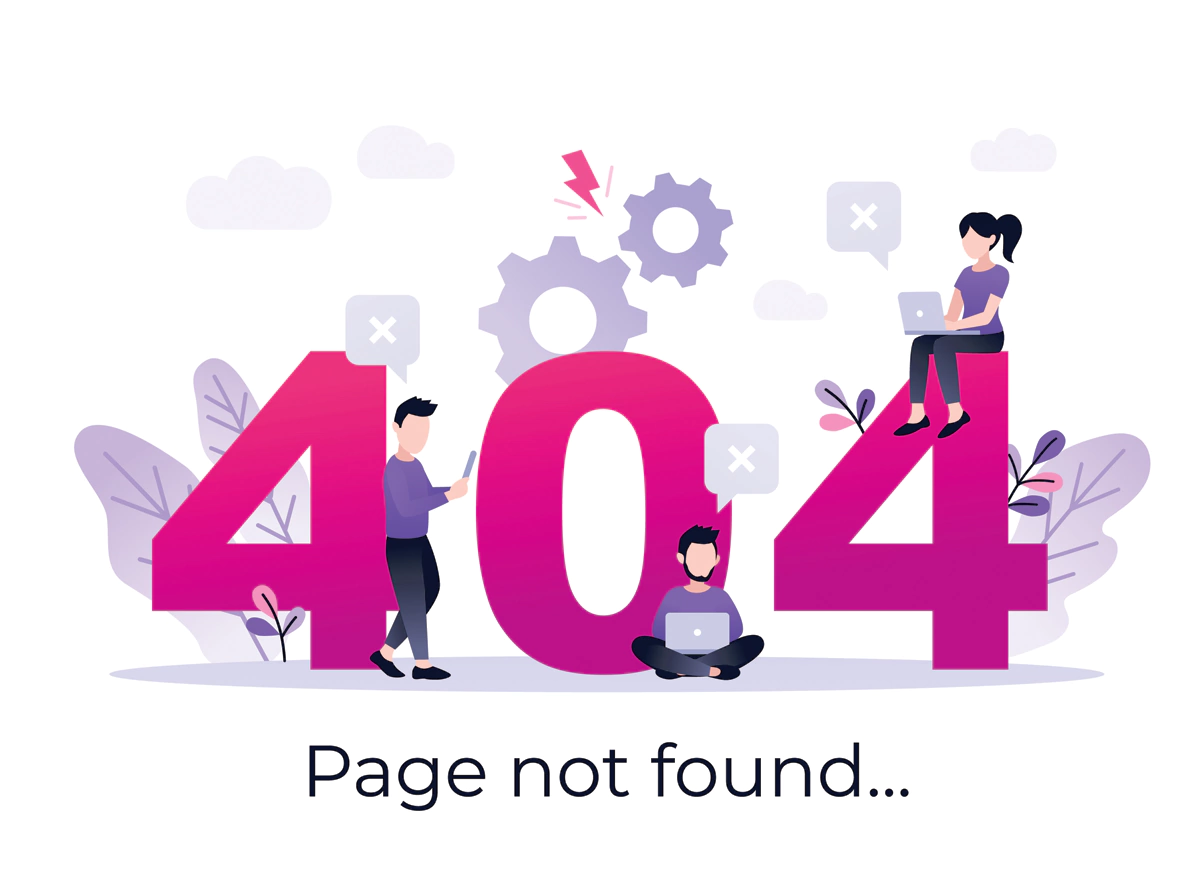With the new financial year for 2021 starting with this July, it is the perfect time to look back at your finances and evaluate things for the upcoming months. It’s just the right time to have a friendly reminder for cross-checking your business’s goals and investment priorities. Mentioned below is a checklist for sorting your new financial year proficiently.
1. Grow your Customer Database
Customer is at the centre of every activity a business undertakes since it is them that the final effect impacts the most. This makes it extremely crucial to have a strong customer database, with clients that truly believe in your vision and business potential. It is also important to have customers invest so you have a clear idea of conversions you’re making. Make sure to have your customer base in your niche so you get better leads. One way to ensure that is by connecting with your customers and regularly interacting with them.
2. Increase Employee Efficiency
The new financial year calls for an efficient workforce that helps you take up new projects and deliver on them excellently. With employee-friendly policies and incentives, you can make your staff be more dedicated to your business and in return help you reach new heights. Employee efficiency is uncompromisable and is the very spirit for any venture to deliver projects with flying colours. Being supportive of your employees and having a structured assessment and remuneration system also indirectly puts things into place.
3. Make the Best Use of your Digital Space
The world is now shifting to a digitised space and having a business website is more important than ever. With everything going online and people themselves spending so much of their time online, businesses with a strong presence online would inevitably succeed better. You can ensure this with a well-optimsed website that markets your products or services while at the same time acting as an extremely efficient employee handling your basic tasks 24/7. With a team of highly experienced and skilled website designers at Make My Website, you’re sure to get the website of your dreams with skyrocketing business.
4. Redefine SEO & Social Media Marketing Strategy
After running a marketing strategy for a whole full year with minute changes, it’s time to assess the efficiency of your plans. Your website’s up-gradation to the latest tools along with search engine optimisation is important to make the platform optimally running. Your SEO practises shouldn’t be limited to your website, have fully optimised landing pages to increase your reach. Even your social media marketing strategy needs to be carefully planned out to make each of your platforms a reliable source of reaching out to your niche and existing customers. Running marketing campaigns connecting social causes with your brand’s vision is a good way to reach out to your niche and build brand value and goodwill in your market.
5. Evaluate Overall Wealth Goals & Investments
People usually have a mix of short, medium along with long-term financial goals. These financial goals could include your next venture investment, collaboration, business expansion or a new unit altogether.
These goals are static but can easily be impacted by changes in your life like market fluctuations, recession, political shifts, customer database and pandemics that may cause your priorities to take a turn. Checking in on your circumstances and how you have evolved through them in the past months can allow you to have proper strategies in place to match the timeline you’ve set for the goals.
It is very important to review your investments whether you’re a newbie or you’ve been investing for many years. Designating a time especially as you step into the new financial year helps you review your investment goals and make any necessary changes to the existing plans in order to align your investments with your financial goals. The best part about doing this is you can always take decisions from an informed stance instead of giving reactive responses to any news or occurrence.
The review of your investment mix can include – your allocation to common assets in the form of shares, international shares, cash money, fixed interest and real estate – as well as looking at your holdings in each asset category.



















